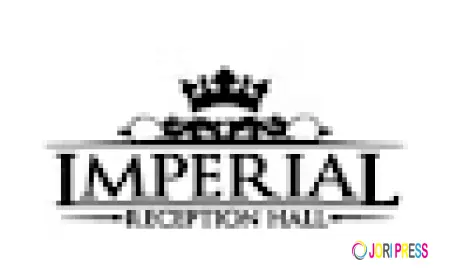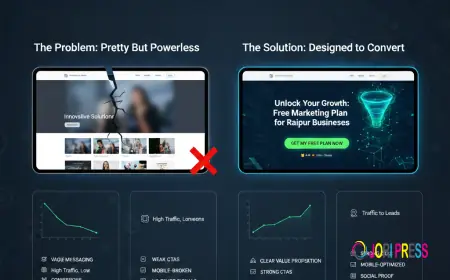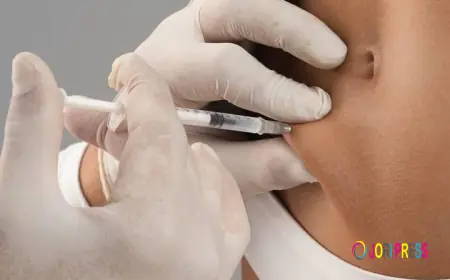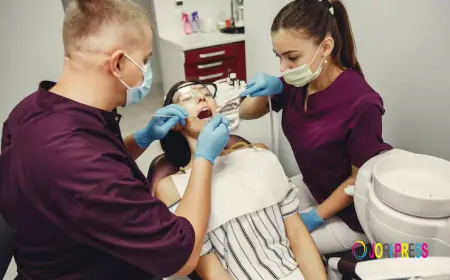The Ripple Effect: How Detox in Nashville Impacts Families
Addiction is often called a family disease, and its effects ripple far beyond the individual struggling.

When a loved one enters detox centers nashville tn, it's a momentous step not just for them, but for the entire family unit. Understanding how this initial phase of recovery impacts families, and how families can support the process, is crucial for collective healing.
The Family's Experience During Detox
While the individual is undergoing the intense physical process of withdrawal, family members often experience a mix of emotions:
-
Relief: A profound sense of relief that their loved one is finally seeking help and is in a safe place.
-
Anxiety and Fear: Worries about the withdrawal process, potential complications, and what the future holds.
-
Guilt and Shame: Unwarranted feelings of responsibility for the addiction.
-
Hope: A renewed sense of optimism for a healthier future.
-
Uncertainty: Unsure of their role, how to communicate, and what "recovery" will truly look like.
How Nashville Detox Centers Support Families (Indirectly and Directly)
While the primary focus of detox is on the patient's immediate medical stabilization, many Nashville detox centers recognize the importance of the family system:
-
Providing Information and Reassurance: Admissions and clinical staff can educate families about the detox process, what to expect, and the medical steps being taken to ensure their loved one's safety. This reduces anxiety and demystifies the process.
-
Setting Healthy Boundaries: Detox can be a time for families to begin learning about healthy boundaries, enabling behaviors, and how to create an environment that supports long-term recovery, rather than inadvertently enabling addiction.
-
Encouraging Future Engagement: Detox centers often emphasize that their loved one's recovery is a long-term journey that requires family support in the subsequent treatment phases (e.g., family therapy in rehab).
-
Connecting to Resources: While direct family therapy is rare during detox due to the patient's acute state, centers can provide referrals to family support groups like Al-Anon or Nar-Anon, which offer invaluable peer support and education for family members.
The Family's Role in Supporting the Detox Process (and Beyond)
-
Educate Yourselves: Learn about addiction as a disease, the detox process, and what to expect during withdrawal.
-
Practice Self-Care: Supporting a loved one with addiction is exhausting. Seek your own support, whether through therapy or family support groups. You cannot pour from an empty cup.
-
Communicate with the Center: Follow guidelines for communication and visitation. Trust the professionals.
-
Prepare for Aftercare: Understand that detox is just the beginning. Be ready to support your loved one's transition into further treatment, which often includes family involvement.
-
Focus on Your Own Healing: As your loved one begins their recovery, it's a prime opportunity for the family to heal from the trauma and chaos that addiction often brings.
The decision for a loved one to enter detox in Nashville is a powerful moment for the entire family. By understanding the process, managing expectations, and engaging in appropriate support, families can become an incredible source of strength and healing, paving the way for not just individual recovery, but collective family wellness.
What's Your Reaction?
 Like
0
Like
0
 Dislike
0
Dislike
0
 Love
0
Love
0
 Funny
0
Funny
0
 Angry
0
Angry
0
 Sad
0
Sad
0
 Wow
0
Wow
0

















































